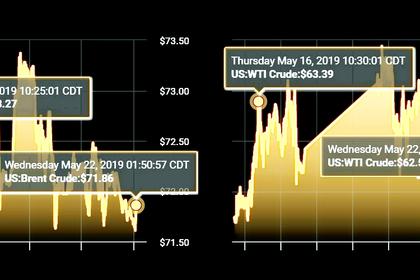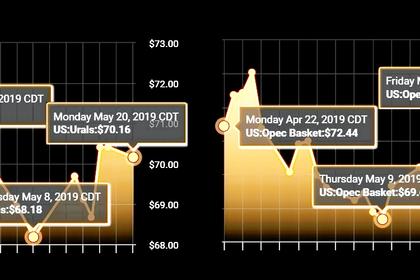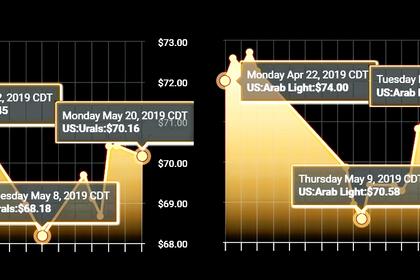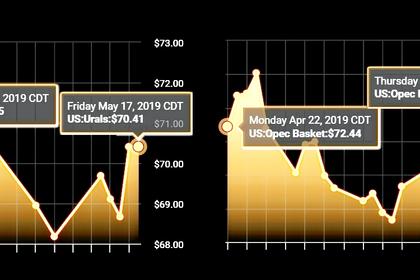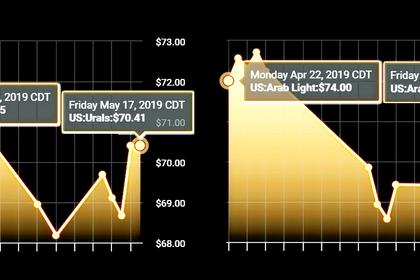
OPEC+ COMPLIANCE 168%
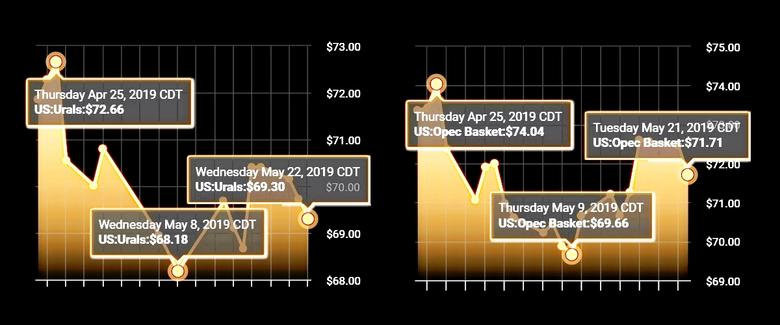
MEOG - OPEC and its non-OPEC allies, known together as OPEC+, agreed in December 2018 to remove 1.2mn barrels per day (bpd) of production from the market for the following six months, until the next full OPEC meeting in June.
"Our shared goal of market stability, which clearly benefits everyone including consumers, has made the Declaration of Cooperation credible, responsive, and highly effective," KSA Energy Minister Khalid Al-Falih said in his opening remarks to the Joint Ministerial Monitoring Committee (JMMC).
Although compliance to the cuts had a slow start, OPEC's JMMC noted in a press release following their meeting in Jeddah, Saudi Arabia, that compliance had hit a record high of 168% in April 2019. Average conformity reached 120% since January 2019.
However, Al-Falih noted that conformity alone was not enough. "We can't allow our collective success to mask individual under-performance," he said. "Conformity should never be presumed and must be evenly distributed.
"My hope is that the vigorous participation of select countries, and its visible results, have shown the full potential of OPEC+ if everyone plays a full role," he added. "Cohesion and its practical demonstration are the true keys to success, be it conformity or more broadly acting in unison."
OPEC+ is led by Saudi Arabia and Russia. Russia, which was to shoulder the majority of the production cuts for non-OPEC members, was slow to decrease output. Iraq, OPEC's second-largest producer of oil, did not comply to the agreed-upon cuts, although its compliance has increased.
Iran and Venezuela, both hit by US sanctions, were exempt from production cuts.
-----
Earlier:

